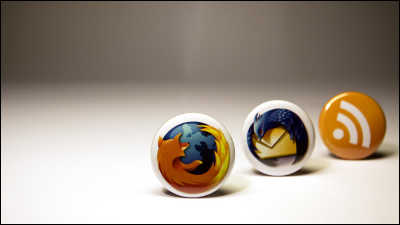Google announces new coding library ``Jpegli'' that improves compression rate of high-quality JPEG images by 35%

On April 3, 2024, Google announced a new
Introducing Jpegli: A New JPEG Coding Library | Google Open Source Blog
https://opensource.googleblog.com/2024/04/introducing-jpegli-new-jpeg-coding-library.html

libjxl/lib/jpegli at main libjxl/libjxl GitHub
https://github.com/libjxl/libjxl/tree/main/lib/jpegli
The Internet has become indispensable for people's lives and work, but sometimes the loading of the web pages you want to see is slow and frustrating. One of the reasons why web pages take a long time to load is that 'image files are too heavy.' Although the loading speed improves if the image size is compressed more, there is a trade-off in that the quality of the image decreases if the compression rate is increased too much.
So Google has announced a new JPEG coding library called 'Jpegli' to improve image file compression. Jpegli is faster and more efficient than previous JPEG coding libraries, and can encode visually more beautiful JPEG images.
Jpegli uses adaptive quantization heuristics, a technique developed for the next-generation JPEG format ' JPEG XL (JXL) ', to spatially modulate the quantization dead zone, improving image quality and reducing file size. Google also explains that improving the selection of quantization matrices will result in high-quality results for both encoding and decoding.

The features of Jpegli are as follows.
- It has fully interoperable encoders and decoders that are compliant with the original JPEG standard and traditional 8-bit formats, and are
- There is less degradation due to image compression or decoding, resulting in more accurate and clearer images.
- Achieve coding speeds comparable to traditional approaches such as libjpeg-turbo and MozJPEG while improving image quality and compression density.
While traditional JPEG coding libraries offer only 8 bits (256 levels) of dynamics per component, Jpegli can encode 10+ bits, which helps prevent banding artifacts that appear in gradients when images are compressed with JPEG.
- It compresses images more efficiently than traditional JPEG codecs, saving bandwidth and storage and making web pages load faster.

Google recruited crowdsourced subjects to evaluate the quality of images converted using Jpegli, libjpeg-turbo, and MozJPEG, and found that Jpegli was able to improve compression by 35% while maintaining quality compared to conventional JPEG codecs.
◆ Forum is currently open
A forum related to this article has been set up on the official GIGAZINE Discord server . Anyone can post freely, so please feel free to comment! If you do not have a Discord account, please refer to the account creation procedure article to create an account!
• Discord | 'Are you using image formats such as JPEG and PNG properly? Do you not care much about it?' | GIGAZINE
https://discord.com/channels/1037961069903216680/1225382022080368761
Related Posts:
in Software, Posted by log1h_ik







